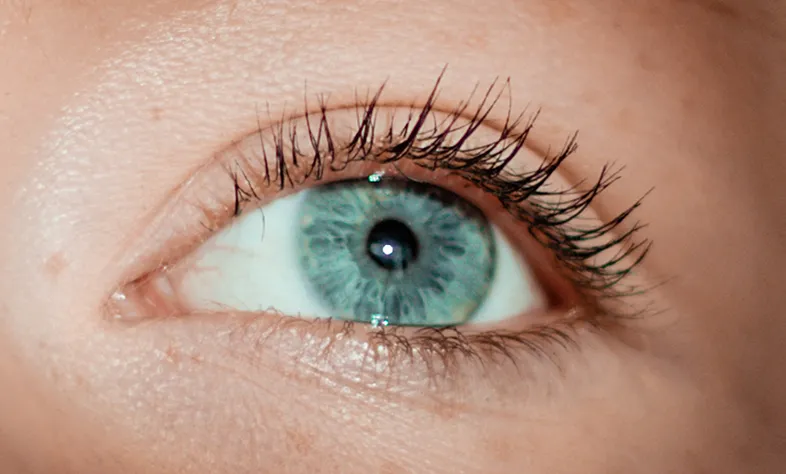What are floaters? Are they problematic?

Eye floaters are those specks or dots in your vision field. These are pretty common and not something to be alarmed about most of the time. These floaters may look like objects in the atmosphere to your eyes, but these are within your eyes! The vitreous is the jelly-like substance in our eyes that shapes our eyes. As we age, this substance becomes more liquid and can cause floaters to appear.
What do these floaters look like?
These are called floaters because they move around as we move our eyes. These little dots can be annoying, especially on blue-sky sunny days. If you start noting floaters in your vision field, they don’t go away, but you’ll eventually start noticing them less.
What are the causes of floaters?
As we mentioned earlier, floaters appear in our visual field when the vitreous becomes more liquid. The vitreous is made of protein fibres, and these fibres shrink as we age. The clumps of these shrinking fibres cast shadows on the retina. The movement of these clumps can also cause flashes. These changes inside our eyes usually occur after the age of 50, but can happen at any age. The chances of developing floaters increase if you have near-sightedness or have had cataract surgery.
What conditions increase the chances of developing floaters?
Apart from the normal aging process, eye floaters can be caused by several other conditions like;
When to see a doctor for floaters?
Eye floaters are not a medical emergency. Spotting eye floaters once in a while or continuously in the same range are not something to be worried about. Most people see it and live with it. If you have sudden onset of eye floaters or flashes, see your eye doctor without delay.
Go to your eye doctor if you notice;
Prevention
It’s not completely possible to avoid getting eye floaters. But having a healthy and youthful pair of eyes can manage the condition from getting worse to an extent. Practicing healthy habits that are good for your eyes is the best to prevent eye floaters and flashes.
Here are some tips to keep your eyes healthy.
Bottom line
Eye floaters can be annoying, but they are not a concerning condition, and they resolve on their own most of the time. But if you feel anything unusual about the floaters, get help from eye specialists to rule out concerning conditions.